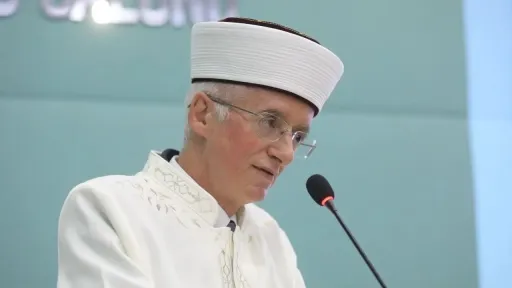Local elections with alternative vote in the future

Under the proposed changes, voters will cast their ballots only once — on the last Sunday of November every five years — to elect mayors and regional governors. The second round, traditionally held the following Sunday, will be abolished. If no slate secures 42% of the vote, an instant run-off mechanism using pre-declared alternative preferences will determine the winner.
How the alternative vote will work
In the new system, voters will continue to vote for one mayoral or gubernatorial slate and their local councilors. However, they will also have the option to select a second-choice slate at the bottom of the ballot.
If a slate wins more than 42% in the initial count, that candidate is elected outright and granted a council majority (3/5 of seats). If no slate crosses the threshold, votes from eliminated slates will be reallocated based on the alternative preferences, effectively simulating a runoff without requiring voters to return to the polls.
For example, if Slate A receives 40% and Slate B 36%, and 24% of voters supported other slates, second-choice votes from those eliminated slates could tip the balance — as in the case where Slate B ultimately wins 46% to Slate A’s 45% after reallocation.
Motivations behind the reform
According to Livanios, the new model enhances democratic legitimacy, reduces election fatigue, and curbs administrative costs. Ministry data shows that nearly half of voters who participate in the first round fail to show up for the second — with turnout in Athens dropping to 26.7% in 2023.
Additionally, the logistical burden of organizing a second round disproportionately affects non-resident voters, local authorities, and court staff. The reform aims to address these inefficiencies while also modernizing election infrastructure.
Digital voting on the horizon
Building on the success of postal voting during the 2024 European elections, the Interior Ministry is considering the introduction of electronic voting as an option for local elections. Voters would still be allowed to vote in person if they choose.
Transparency and governance reforms
The new Code also introduces a series of transparency and governance measures:
Campaign costs will be tied to municipal population size, not number of candidates.
Strict oversight of campaign spending and media appearances will be enforced.
Certain municipal and regional council seats will be filled without preference votes to attract high-caliber professionals.
A youth quota may be introduced to increase participation by candidates under 30.
Secondments of public servants elected to office will be banned to protect public service staffing.
“Election is an act of service to the community and should not be exploited for personal employment privileges,” a ministry source said.
Additional governance measures
Mandatory public consultation for all regulatory acts before they reach municipal or regional councils.
Digital-only local referendums on municipal issues.
Creation of a service secretary role in municipalities with populations exceeding 200,000.
Faster legality review process for council decisions (within 10 days).
Introduction of a Local Development Fee (TTA), consolidating municipal taxes and offering municipalities greater flexibility in funding operations and investments.
Reinstatement of Court of Audit review for public payments above €15,000.
The government hopes that this comprehensive overhaul will strengthen local democracy, promote efficiency, and modernize public administration.
Source: Proto Thema






